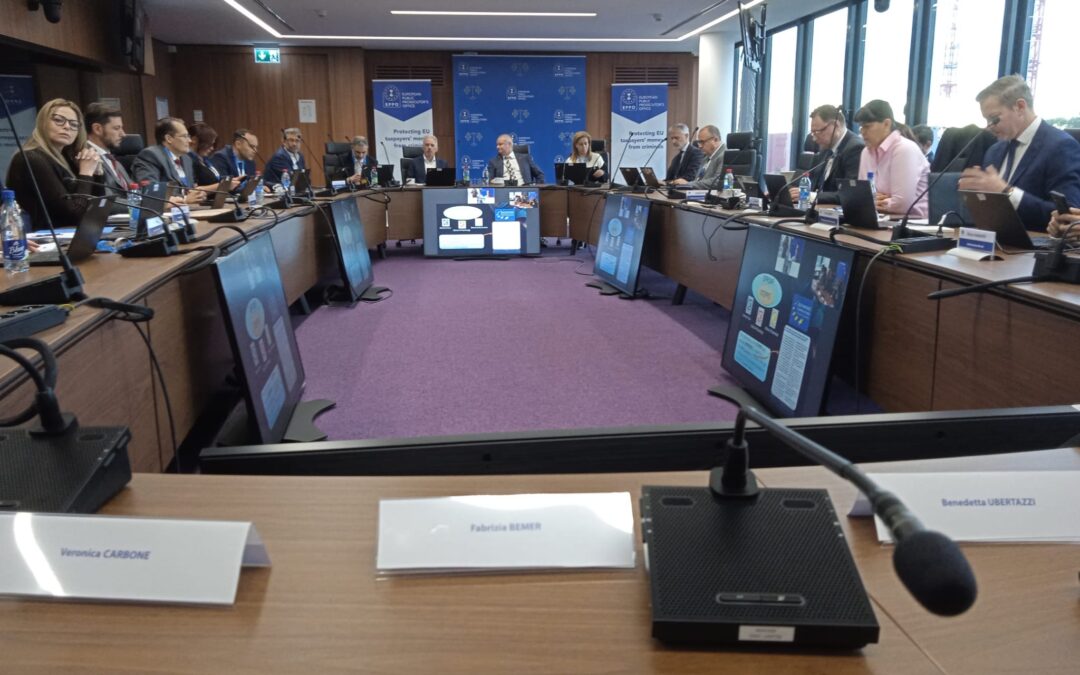Author: Lia Minetti, student from Istituto di Istruzione Superiore Gandhi.
Committee: Game Committee, High School Committee.
Date: 18/07/2024
Virtual reality is changing the world from gaming to medicine. VR isn’t just having an impact on entertainment: there are a lot of fields that are experimenting with ways to use this emerging technology.
The power of VR can be used in education. Teachers can bring the lesson to life by showing students virtual images of the things they are studying. Students could learn from all over the world and lessons would not be boring anymore.
VR can be useful to industry, too. Engineers, for example, could see a product before they build it. They can look at a car in 3D to see how it works and give clients a tour of the car.
NASA has also started to use VR to train their astronauts. This way they have the possibility to experience their way around the exterior of the International Space Station.
There is also a plan to expand VR chat rooms to VR venues. Social media has already given us the chance to meet friends in a virtual way. In the future we will have the possibility to take part in concerts or sports events from our house.
VR can even be helpful for tourism and culture: you can see a museum when you do not have the chance to go there. For instance if you are interested in Ancient Rome, VR allows you to explore the ancient streets and see the ruins.
Healthcare has started being revolutionized by AR as well. Doctors in remote places can get vital training and they can also practice procedures time and time again.
Patients can get advantages from VR: people can use VR games to do physiotherapy exercises during rehabilitation.
Virtual reality and its potential is extremely important to solve big global development challenges. Today one of the most important fields where technologies have held immense potential is the legal sector, particularly in courtrooms. They can revolutionize evidence, court proceedings and the final deliberations.
For example, AR can make testifying in International court easier. Judges can use VR to deeply understand the victim’s world. It is more effective a 3D reconstruction of crime scenes rather than asking survivors to share their experiences over and over again. For the victims this could be less traumatic.
A 3D crime scene model can be created and this way it could be possible to observe evidence from different perspectives in order to provide a more comprehensive understanding of the case. Photos and verbal descriptions would not be so effective.
It could also help the storytelling of a complex case where the sequence of events is crucial.
It can also facilitate remote court proceedings, when physical presence is not possible.
In addition jurors can revise the virtual crime scene to recall details or clarify doubts.
Of course there are also legal implications in Courtrooms.
For instance, how accurate is the recreation? Is a well-made VR recreation more persuasive than a poorly made one? A VR recreation may also have privacy implications: it includes images of private homes, for example.
Furthermore not all courts have the possibility to use technology and this could lead to inequalities.
VR is also the perfect way to train how to examine the problematic concerning investigation. You can invent crimes and let students study the case in different perspectives, adding, changing and omitting evidence.
In my opinion VR can shape the future of legal proceedings in several ways making them more fair, effective and accessible. It can help students as well: they can train while making investigative games. I also think that integrating VR in courtrooms raises questions about equality of access to technology and the necessity to have new regulations to use it in this field.

